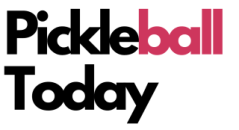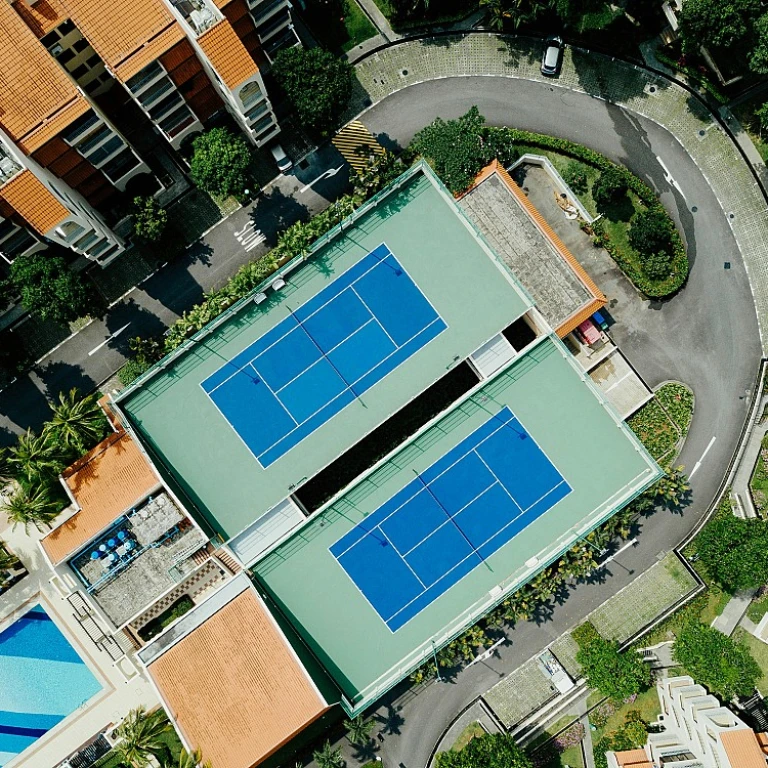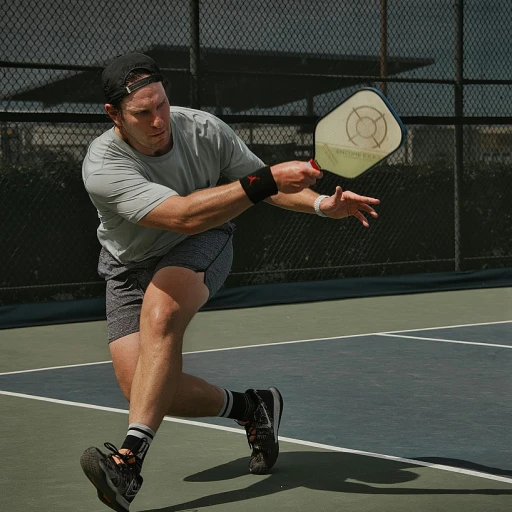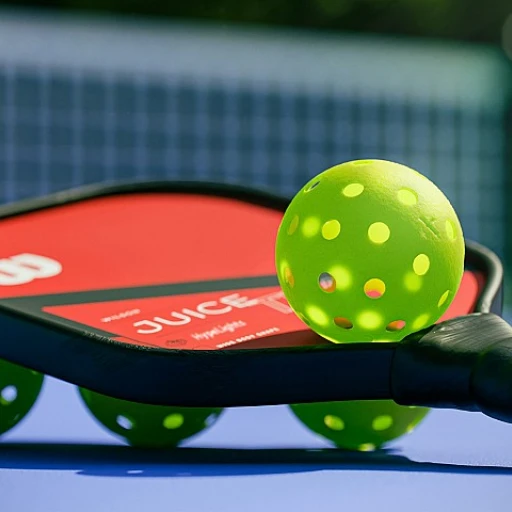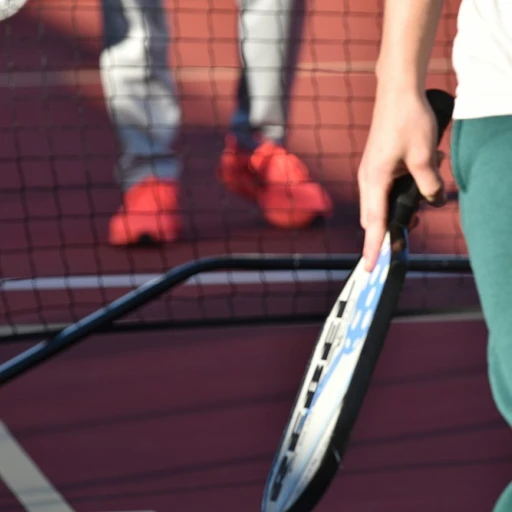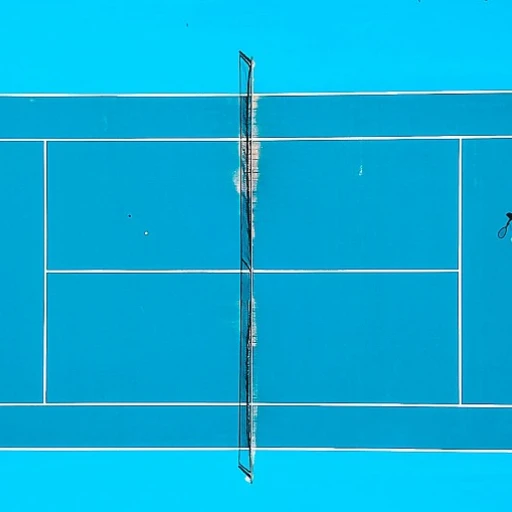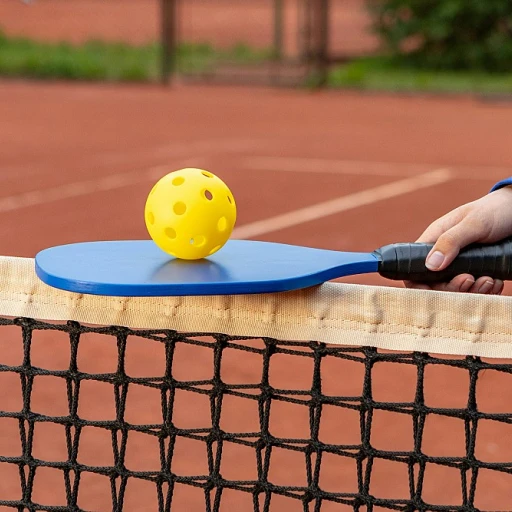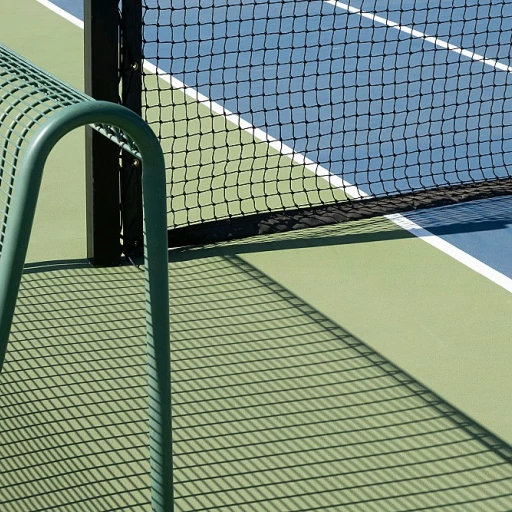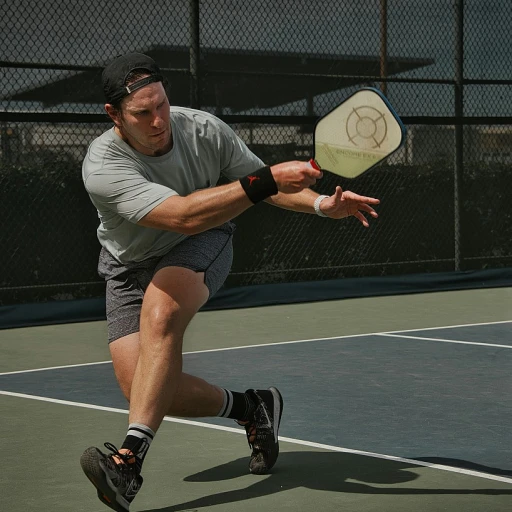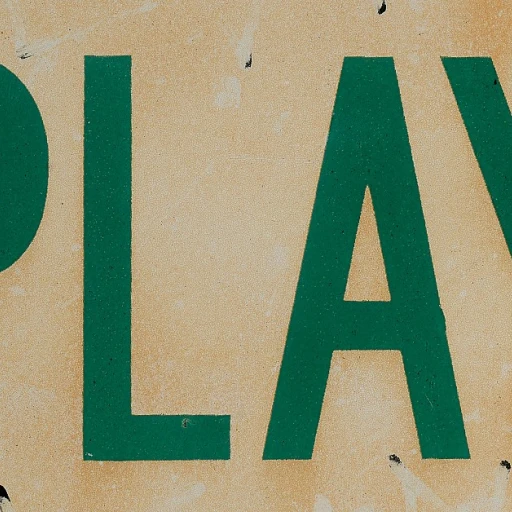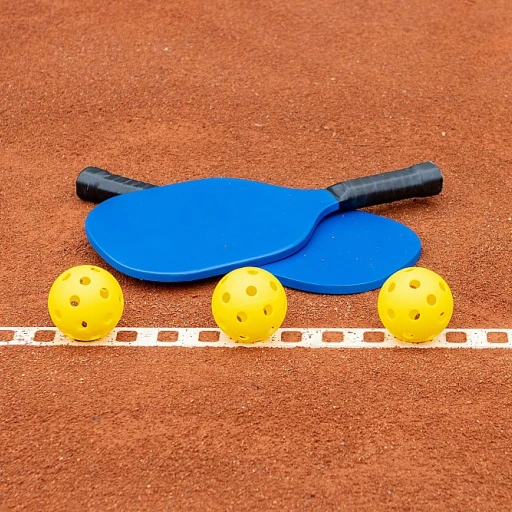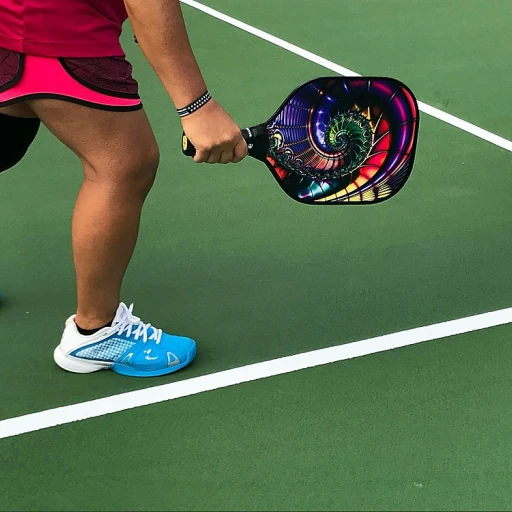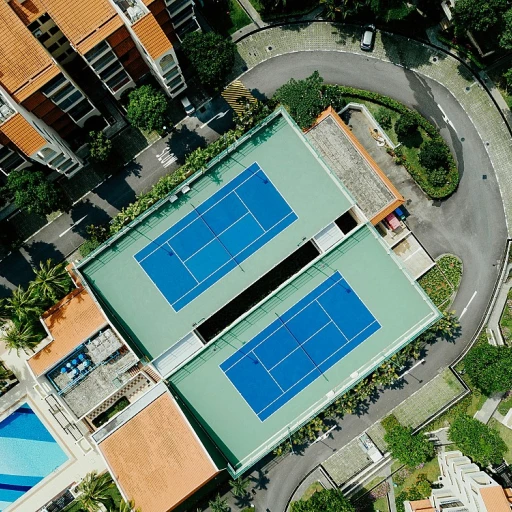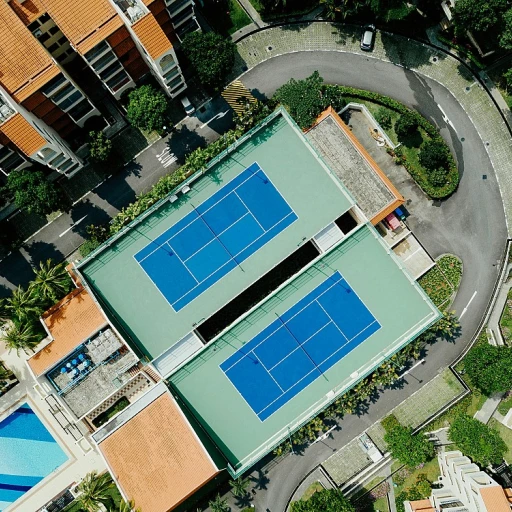
Understanding Pickleball Leagues
Decoding the Structure of Pickleball Leagues
Pickleball leagues have gained significant popularity among recreational and competitive players alike. These leagues provide a structured environment for individuals and teams to play pickleball consistently, enhancing their skills and engaging with a community interested in the sport. By understanding what these leagues entail, participants can better appreciate the opportunities and challenges they offer.
A pickleball league can vary in format and structure, accommodating different player levels, from beginner to intermediate, ensuring that each individual or team finds a suitable division. The league format may also differ in terms of total duration, deposit requirements, open cost, and division close periods. This allows both individual players and teams to sign up for the season based on personal or team goals.
When participating, players can join a pickleball league either as an individual or as part of a team. An individual can sign up and be placed on a team, or they may join alone and compete in singles matches throughout the league season. On the other hand, a team might sign up as a complete unit, requiring an age team consideration depending on the league's rules, and deposit team payments may be necessary to secure a spot in the season.
Leagues typically operate on a weekly schedule, maintaining schedule standings for consistent play. This regularity allows players to plan their activities around league matches while tracking their progress. Each week’s play is crucial as it determines both individual status and team status within the league, affecting strategies and plays.
For those interested in learning more about specific league formats, the Arizona Pickleball Players League offers insightful info on league structures and how to choose a division that fits your playing style and goals. This league is just one example of how pickleball continues to evolve, catering to an expanding base of enthusiastic players who appreciate its unique blend of skill and social interaction.
Benefits of Joining a Pickleball League
Advantages of Participating in a Pickleball Group
Joining a pickleball league provides numerous benefits, catering to both recreational and intermediate players seeking to elevate their play and social experience.- Skill Development: Regular engagement in league matches allows players to hone their skills. Whether you are a part of a team total or participating as an individual, each game is an opportunity to enhance your technique and strategies.
- Structured Play and Scheduling: Enrolling in a pickleball league typically involves a fixed schedule. This consistency is beneficial as it ensures regular play and practice, helping to maintain or improve your level over the season.
- Competitive Environment: Leagues offer a mix of competitive elements within their divisions. Players can sign up as individuals or team individuals, contributing to the total individual points or their team's success. This structured competition can drive personal improvement and enjoyment.
- Social Interaction: Pickleball leagues offer a vibrant social scene. By joining, players access a network of like-minded individuals who share similar interests, promoting camaraderie and community engagement. Beyond the thrill of play, these social interactions are invaluable for both new and seasoned players.
- Access to Facilities: Many leagues have dedicated courts for their matches, ensuring players have access to spaces designed for optimal play. This convenience reduces the time players may otherwise spend searching for available courts. For more insight, you can explore the excitement of the Dublin Coffman pickleball courts.
- Cost Efficiency: While there might be deposit fees for some leagues, the "cost individual" or "open cost" is often offset by the consistent access to facilities, organized schedules, and the community experience players receive. Thus, the cost deposit or status open fees typically offer considerable value for the investment.
How to Choose the Right Pickleball League
Choosing the Ideal Pickleball League for Your Needs
- Individual vs. Team Play: Determine if you prefer playing as an individual or if you're more inclined towards the camaraderie of team dynamics. Individual play focuses on your personal skills and growth, while team play involves coordination and strategy as part of a group. Assess the team total or total individual options available in the leagues.
- Skill Level: It's crucial to join a league that matches your skill level. Many leagues categorize players into different divisions, such as recreational or intermediate. Your current level will influence where you fit best, which in turn ensures competitive and enjoyable matches.
- League Costs: Evaluate the costs involved, including any deposit for team registration or costs for individual sign-up. Understanding open cost, cost deposit, and if there are specific charges for individual or team status will help you budget effectively before you commit.
- Accessibility and Schedule: Review the info schedule and how it aligns with your availability. Consider the season length and how many weeks you are expected to play. It's also wise to verify if there's flexibility for schedule standings or if you’re required to commit to certain days regularly.
- League Status: Check if the status open to new players or if there's a waiting list. It’s essential to act swiftly for leagues with division close protocols, especially during peak seasons.
- Age and Demographics: Assess the age team requirements, if any. Some leagues have particular age brackets that cater to diverse participant groups, whether young adults or seasoned seniors.
- Reputation and Environment: Finally, it's worth seeking feedback from current or former players of the league you're considering. Understanding their perspectives can offer insights into league management, culture, and overall quality.
Preparing for League Play
Getting Ready for the Game
Preparation is key when you're planning to join a pickleball league, whether you're an individual player or part of a team. Here's what you need to know to ensure that you're ready to dive into the league play.- Understand Your Current Level: Determine your skill status – are you a recreational player or at an intermediate level? This will guide you in choosing the appropriate league.
- Sign-Up Process: Gather all necessary info before you sign up. Each league will have specific requirements, such as team totals, individual deposit costs, and open status. Knowing this info will save you time and ensure a smooth registration process.
- Financial Considerations: Be aware of costs such as the individual sign or team deposit. The open cost and total individual expenses will vary between leagues, so choose one that fits your budget.
- Preparation for Team Play: If you are in a team, coordinate with your teammates about strategy and schedule. Team status and schedule standings are crucial for success.
- Physical Readiness: Ensure you're physically prepared for the weekly matches. The season can be demanding, so maintaining a good fitness level helps sustain performance throughout the league.
- Gear and Equipment: Check that you have the proper gear ready. Good equipment can elevate your game, so invest in quality paddles and shoes.
Challenges Faced in Pickleball Leagues
Overcoming Hurdles in the Pickleball Arena
Navigating the world of pickleball leagues presents unique challenges that both individuals and teams face. Recognizing these hurdles can aid players in preparing effectively and enhancing their overall league experience.- Level of Play Discrepancy: Leagues often cater to varied skill levels, from recreational novices to seasoned intermediate players. Matching the skill level of individual and team players can be a challenging aspect. It is essential to choose the right division to ensure fair and competitive play.
- Cost and Deposits: Financial considerations can be daunting. The total cost for an individual or team status in pickleball leagues can vary. Depending on the league, players may need to cover expenses such as ‘open cost, deposit team, cost deposit’, among others, which can add up quickly, impacting the decision to sign up.
- Scheduling Conflicts: Managing practice times, match dates, and other commitments can be demanding. The info schedule for league plays demands coordination, and any division close can affect the anticipated timeline, forcing players to adjust accordingly.
- Team Dynamics: Whether playing as part of a team or as an individual competitor, maintaining a harmonious team environment can be challenging. Factors such as age, team individual dynamics, and varying skill levels need to be managed efficiently to foster a productive team total performance.
- Competitive Pressure: Leagues can bring a level of pressure that may affect players’ morale and gameplay, especially in seasons or weeks where performance impacts standings or individual status. Building resilience and focusing on personal and team improvement are vital strategies.
Spotlight on Notable Pickleball Leagues
Highlighting Prominent Pickleball Leagues
Pickleball has seen a surge in popularity, leading to the establishment of numerous leagues that cater to various skill levels and preferences. Here, we spotlight some notable leagues that have made a significant impact on the sport.
- USA Pickleball Association (USAPA) Leagues: Known for their comprehensive structure, USAPA leagues offer a platform for both recreational and competitive play. They provide detailed info on schedules and standings, ensuring players stay informed throughout the season.
- Major League Pickleball (MLP): This league is designed for those seeking a more competitive edge. With a focus on team play, MLP requires a deposit team and offers a division close format, allowing players to choose division based on their skill level.
- Pickleball Canada National System: Catering to players across Canada, this league emphasizes inclusivity, offering divisions for various age teams and skill levels. The cost individual and team total are structured to encourage participation from all demographics.
- Local Recreational Leagues: Many communities host recreational leagues that are open to players of all levels. These leagues often have a lower cost deposit and are perfect for those looking to enjoy the sport without the pressure of competition.
Each of these leagues offers unique benefits and challenges, as discussed in previous sections. Whether you're an intermediate player looking to improve your skills or a seasoned athlete seeking competitive play, there's a pickleball league that fits your needs. For more info on how to sign team or individual sign, it's essential to research the league's requirements and status open before committing.
